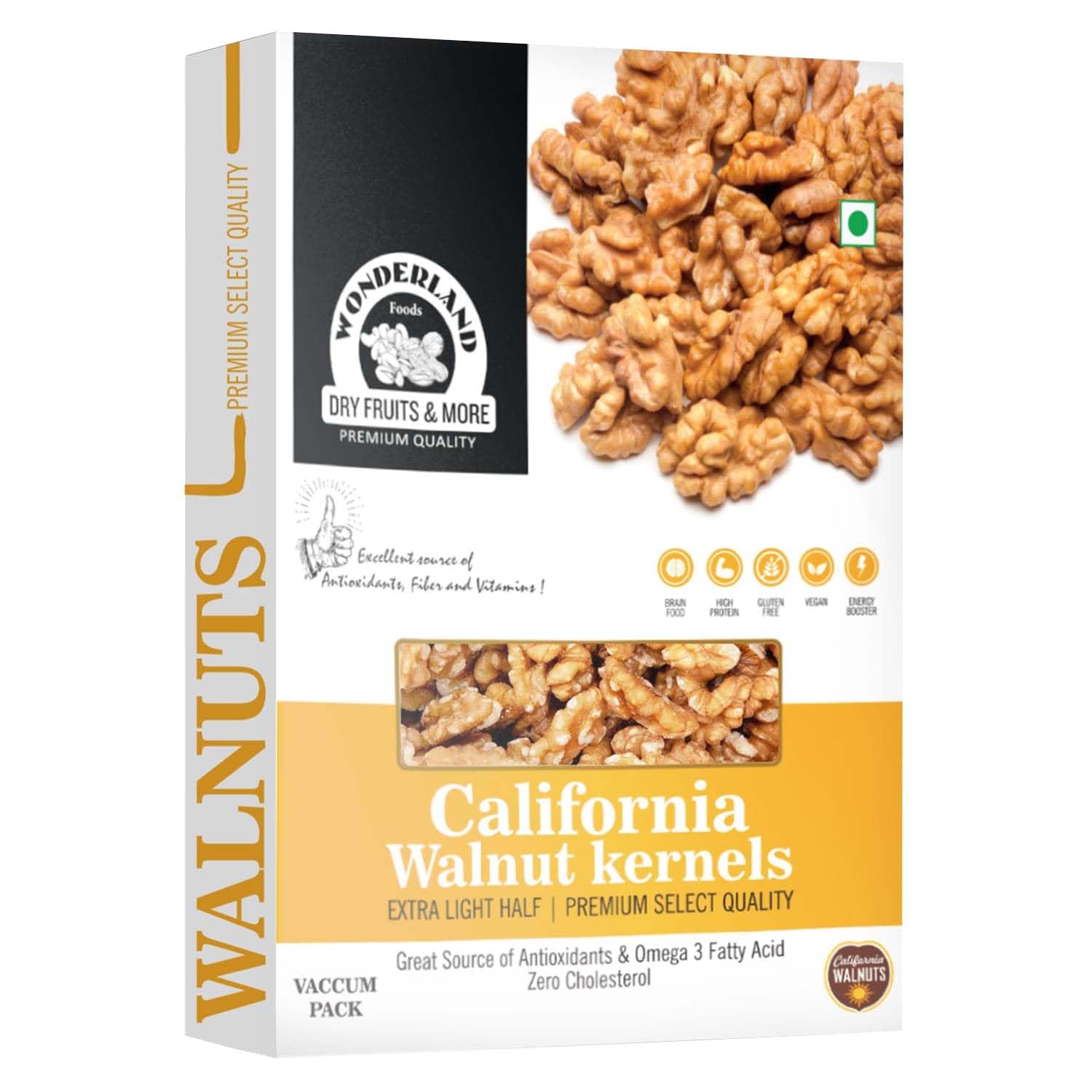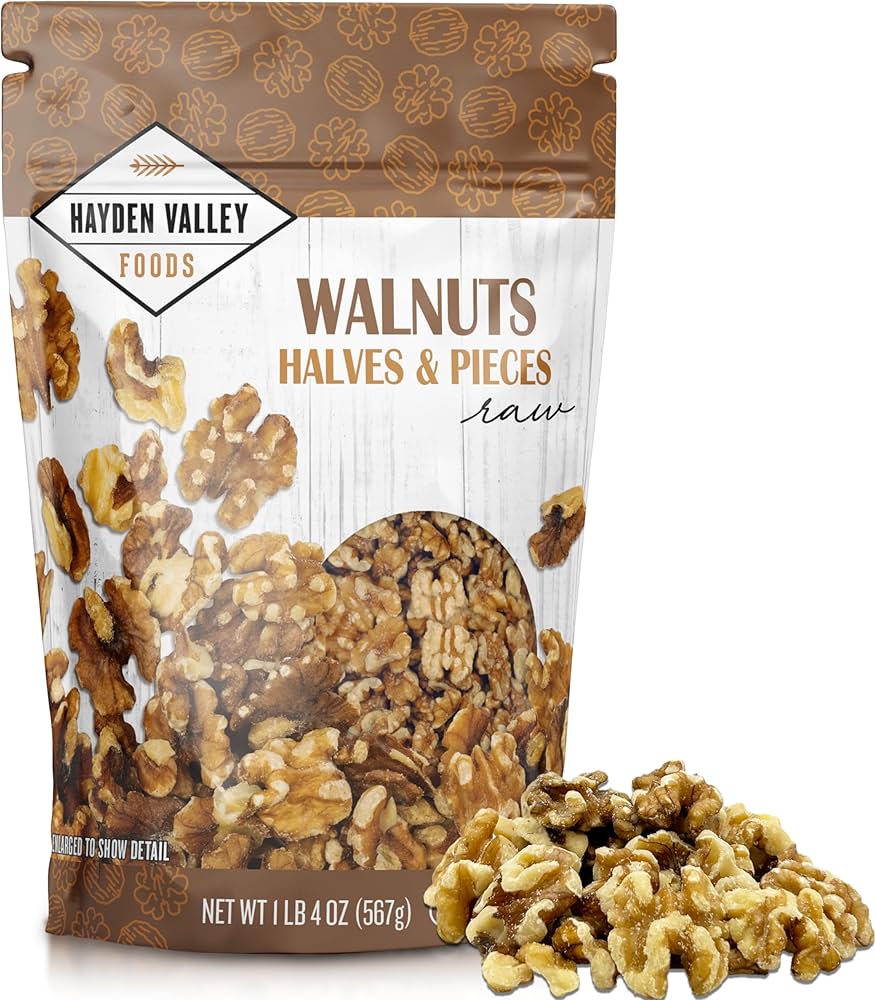Description
Walnuts, one of the oldest known tree foods, have been cultivated for thousands of years and are celebrated for their numerous health benefits and culinary versatility. These nutrient-dense nuts are rich in omega-3 fatty acids, antioxidants, and essential vitamins, making them an excellent addition to a balanced diet. Studies have shown that regular consumption of walnuts can support heart health, improve brain function, and even help with weight management due to their ability to promote satiety.
Culinary-wise, walnuts are incredibly versatile. They can be enjoyed raw, toasted, or ground into walnut flour, used in a variety of dishes ranging from salads and pasta to baked goods and sauces. Their rich, buttery flavor pairs beautifully with a wide range of ingredients, making them a popular choice in both sweet and savory recipes. Additionally, walnuts are often incorporated into various cultural cuisines; for instance, they are a key ingredient in traditional Mediterranean dishes and are used in Middle Eastern desserts like baklava.
Sustainability is an important aspect of walnut farming, as these trees can thrive in diverse climates and are relatively drought-resistant compared to other crops. As consumers become increasingly conscious of their environmental impact, walnuts present an appealing option for those looking to make sustainable dietary choices. Moreover, the cultivation of walnut trees can contribute to soil health and biodiversity, creating a positive ecological impact.
In summary, walnuts are not only a delicious and nutritious snack but also a valuable food source that supports health, culinary creativity, and sustainable agriculture. With their myriad benefits and uses, it is no wonder that walnuts continue to be a cherished food across cultures and generations.




























